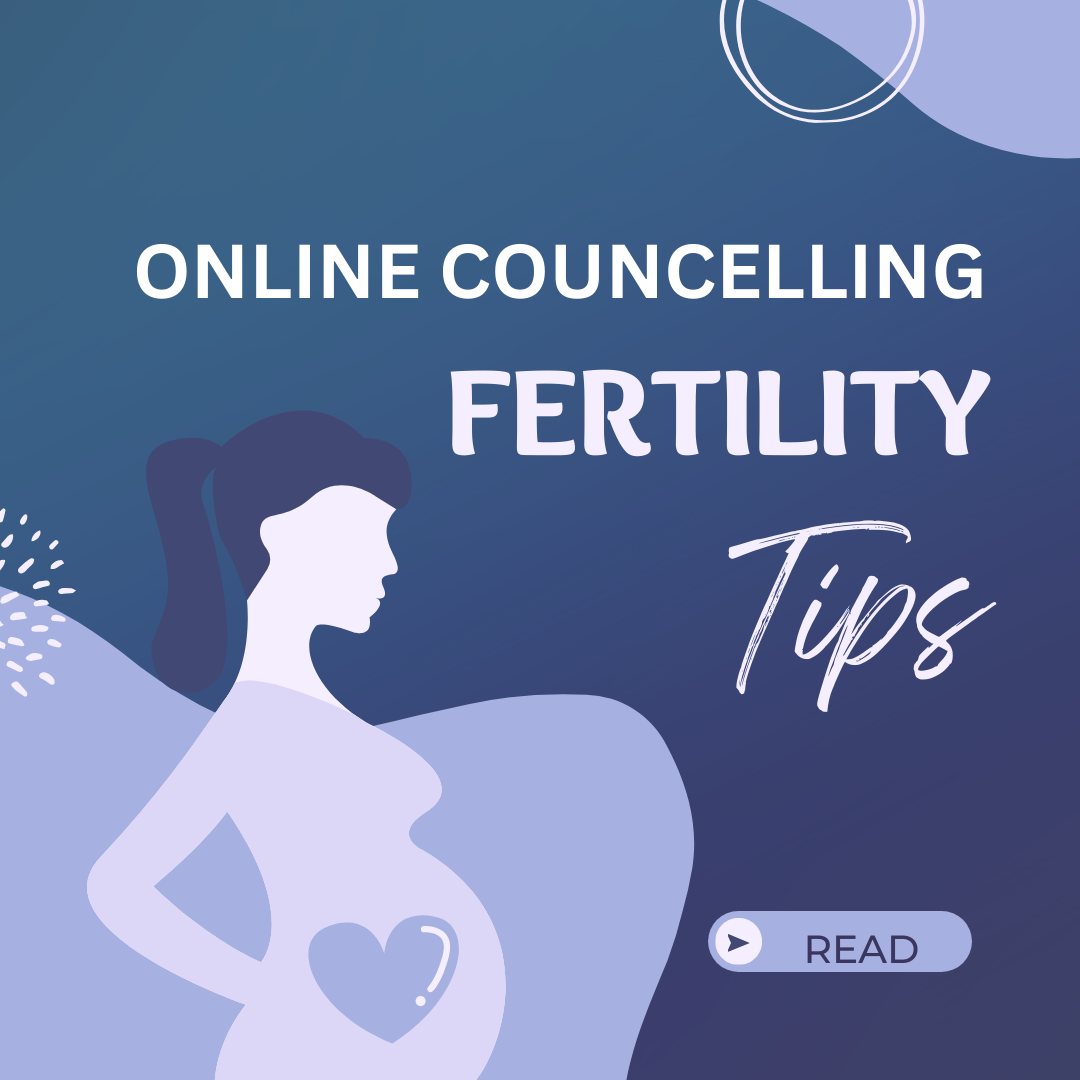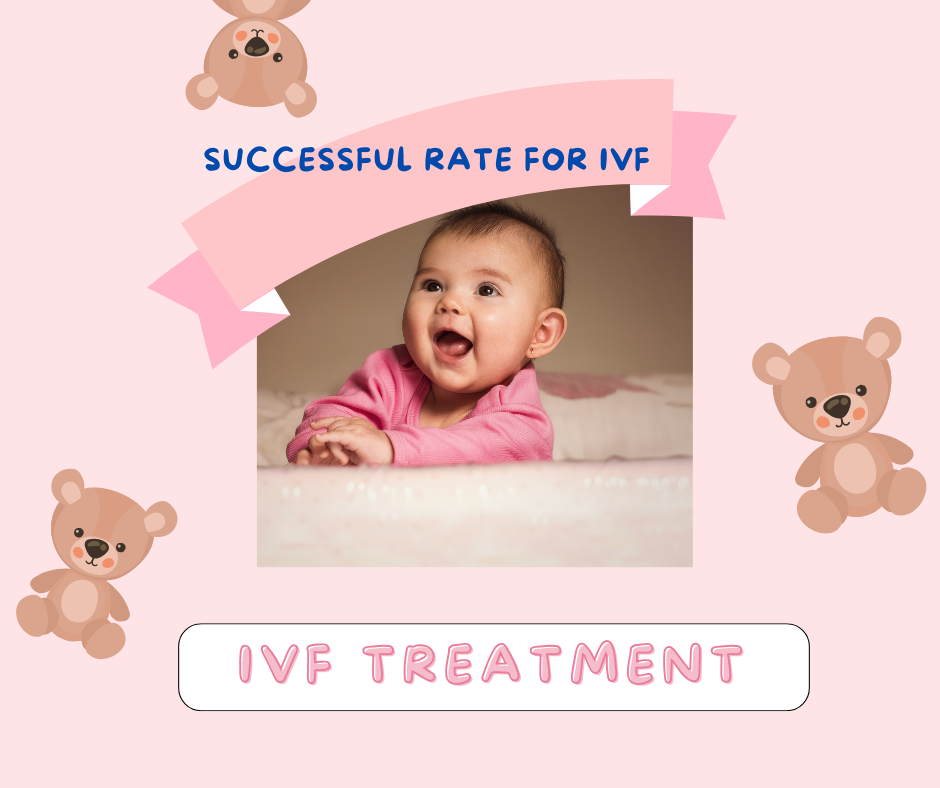IVF (In Vitro Fertilization) offers several advantages for couples seeking parenthood:
1. Addresses infertility issues: IVF can help couples with various infertility problems, including:
- Blocked fallopian tubes
- Endometriosis
- Low sperm count or quality
- Ovulation disorders
- Unexplained infertility
2. Increased chances of conception: IVF involves fertilizing eggs with sperm in a laboratory setting, bypassing the natural process of fertilization in the fallopian tubes. This can significantly increase the chances of conception, especially for couples with fertility challenges.
3. Genetic testing options: IVF allows for preimplantation genetic testing (PGT), which involves testing embryos for genetic disorders before implantation. This can help couples identify and avoid embryos with inherited conditions, reducing the risk of passing on genetic diseases to their children.
4. Flexibility in family planning: IVF can give couples more control over their family planning. They can choose the number of embryos to transfer, the timing of the transfer, and even freeze embryos for future use.
5. Higher success rates: IVF has seen significant advancements in recent years, leading to higher success rates. The overall success rate varies depending on factors such as the couple’s age, cause of infertility, and the clinic’s experience.
6. Potential for multiple births: While IVF can increase the chances of conception, it also carries a higher risk of multiple births (twins, triplets, etc.). This is because multiple embryos are often transferred to increase the chances of a successful pregnancy. However, there are techniques to reduce the risk of multiple births, such as single embryo transfer (SET).






Leave a Reply